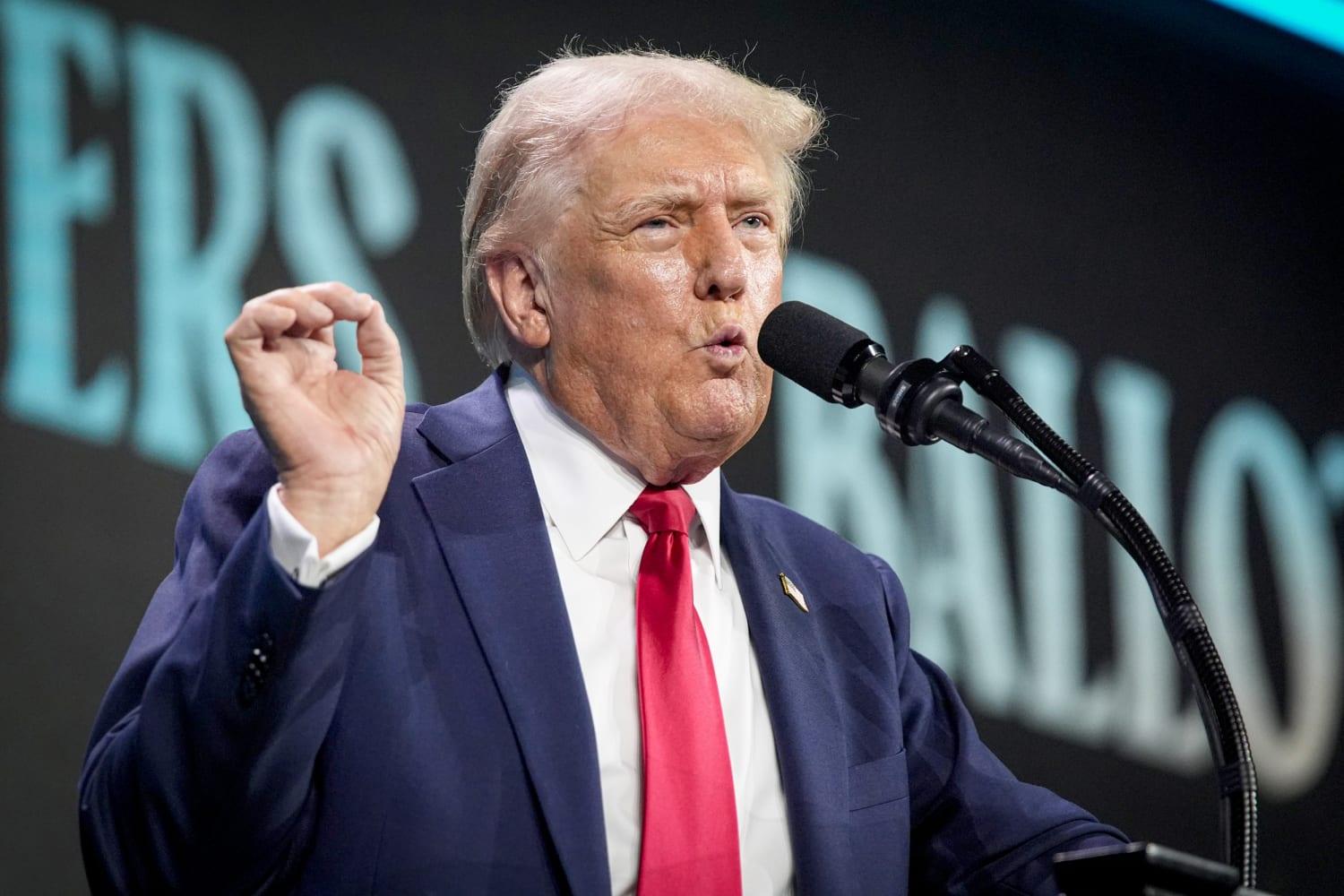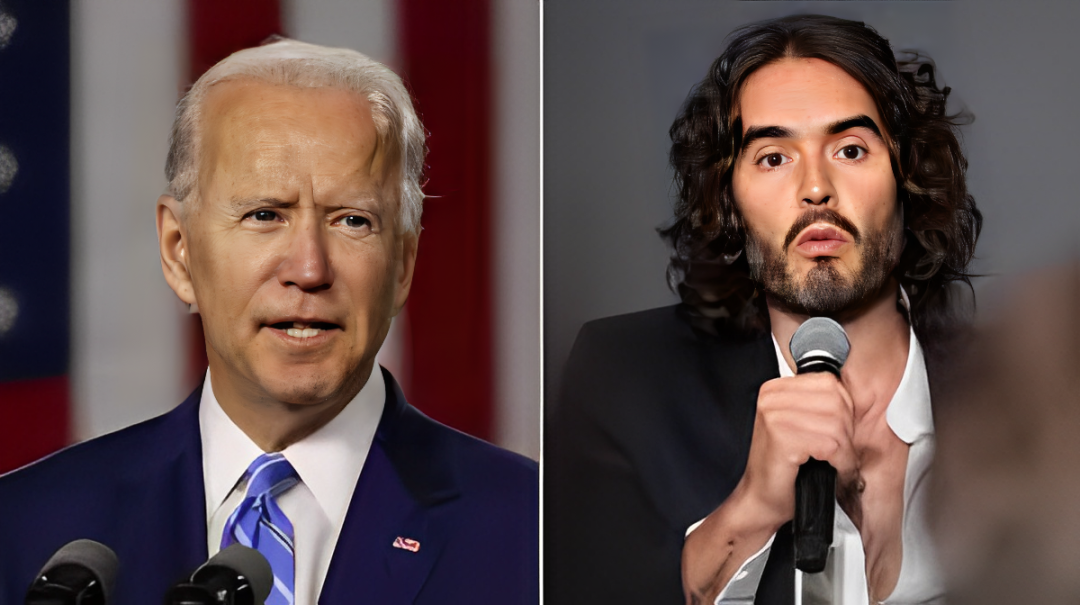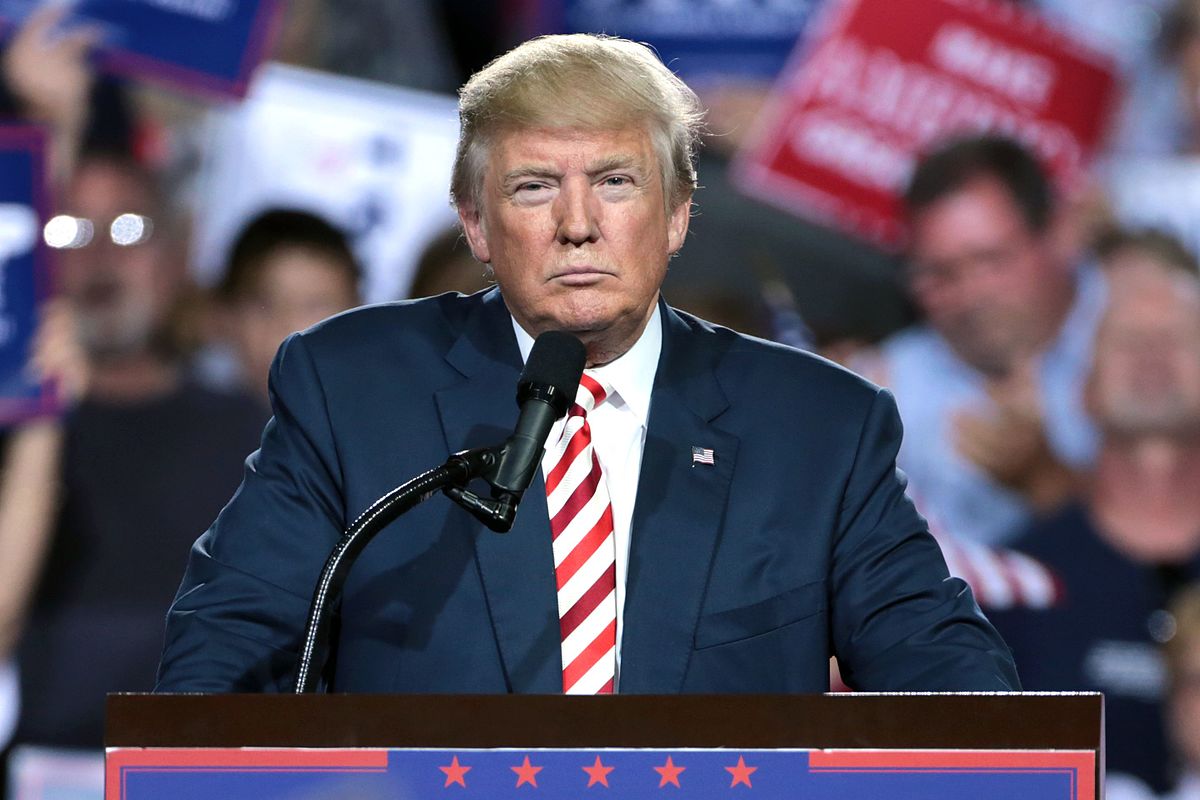When Donald Trump assumed the presidency in 2017, his administration quickly made headlines with a controversial executive order banning travel from several Muslim-majority countries. This move sparked chaos, confusion, and numerous lawsuits, eventually reaching the Supreme Court. If Trump wins re-election in November, he has promised to tackle another hot-button issue: ending birthright citizenship.
In May of the previous year, Trump released a campaign video reaffirming his intention to abolish birthright citizenship. He pledged to sign an executive order on his first day back in office to ensure that children born to parents without legal status in the U.S. would not automatically receive U.S. citizenship.
“The United States is among the few countries that grant citizenship to children born here, even if neither parent is a citizen or legally present,” Trump said in his video.
Birthright citizenship, which is generally understood to be guaranteed by the 14th Amendment of the U.S. Constitution, has been a fundamental aspect of American law. The 14th Amendment states: “All persons born or naturalized in the United States, and subject to the jurisdiction thereof, are citizens of the United States.” This language was included in the amendment after the Civil War to ensure that former Black slaves and their descendants were recognized as U.S. citizens.
Although legal scholars across the spectrum have broadly interpreted this provision, some anti-immigration advocates have pushed for an alternative reading. Omar Jadwat, a lawyer with the American Civil Liberties Union, who was involved in the challenge against the travel ban, said, “Litigation is a certainty. It directly challenges the 14th Amendment and aims to dismantle a core constitutional protection.”
Even supporters of Trump’s proposal acknowledge that it would face significant legal and constitutional obstacles. “The Supreme Court might well rule against the president if he pursues this course,” said Mark Krikorian, executive director of the Center for Immigration Studies. If Trump’s proposal is rejected by the courts, amending the Constitution would be the next step, a notoriously difficult process.
Trump’s campaign did not comment on the specifics of the proposal but reiterated his commitment to the plan. Under his proposal, at least one parent would need to be a U.S. citizen or legal resident for a child to be granted birthright citizenship. Trump also mentioned that this policy would not be applied retroactively.

The proposal aims to address “birth tourism,” a situation where people allegedly travel to the U.S. towards the end of pregnancy to ensure their child gains U.S. citizenship. However, exact figures on how many children are born in the U.S. to undocumented parents or are considered “birth tourists” are not clear. Estimates suggest there could be up to 400,000 children born annually to undocumented parents, with a smaller subset attributed to birth tourism.
The American Immigration Council estimates there are around 3.7 million U.S.-born children with at least one undocumented parent, according to census data. U.S. Citizenship and Immigration Services, the agency responsible for citizenship matters, did not comment on the proposal.
Trump first proposed ending birthright citizenship during his 2015 presidential campaign and revisited the issue in 2018, but he never followed through with an executive order. House Speaker Paul Ryan, a fellow Republican, dismissed the idea at the time, stating that such a change couldn’t be made via executive order.
Despite Trump’s promises, the 2024 Republican platform does not specifically address ending birthright citizenship but does focus on other immigration-related issues, such as prioritizing merit-based immigration and ending chain migration.
Ken Cuccinelli, a former senior Department of Homeland Security official in the Trump administration, supports the proposal but has not provided details on its lawful implementation. Cuccinelli’s chapter on immigration in Project 2025, a conservative roadmap for a potential second Trump term, does not mention birthright citizenship.
Trump’s video labeled birthright citizenship a “historical myth” and a misinterpretation of the law. Legal experts do not share this view and argue that the 14th Amendment’s language about being “subject to the jurisdiction” of the U.S. refers to people who are not under foreign jurisdiction, like diplomats.
James Ho, a conservative lawyer appointed by Trump to the 5th U.S. Circuit Court of Appeals, has supported this view, stating that the 14th Amendment applies to most U.S.-born children, including those of undocumented immigrants.
The Supreme Court has never directly ruled on birthright citizenship, but the case United States v. Wong Kim Ark in 1898 implied that U.S.-born children are citizens regardless of their parents’ status. Critics of birthright citizenship argue that the case did not address children of illegal immigrants directly.
If Trump proceeds with his plan, the immediate impact could be significant. He intends to order the Social Security Administration to deny Social Security numbers to newborns whose parents cannot prove their legal status and similarly restrict passport issuance. This move could lead to complex implementation issues as federal agencies may struggle to verify immigration status.
Also Read:
- Jill Biden Applauds Controversial Olympic Opening Mocking Last Supper!
- Supreme Court Ruling Doesn’t Change Trump’s Hush Money Conviction: Prosecutors Make Case!
- Kamala Harris’s TikTok: Vice President Teams Up with Lance Bass to Mock Donald Trump in Viral Video!
Emma Winger, a lawyer at the American Immigration Council, highlighted that such a change would require every parent to take additional bureaucratic steps to secure their child’s citizenship, marking a radical shift from current practices. Overall, Trump’s proposal to end birthright citizenship is poised to spark extensive legal and political debates, potentially reshaping U.S. immigration policy.



